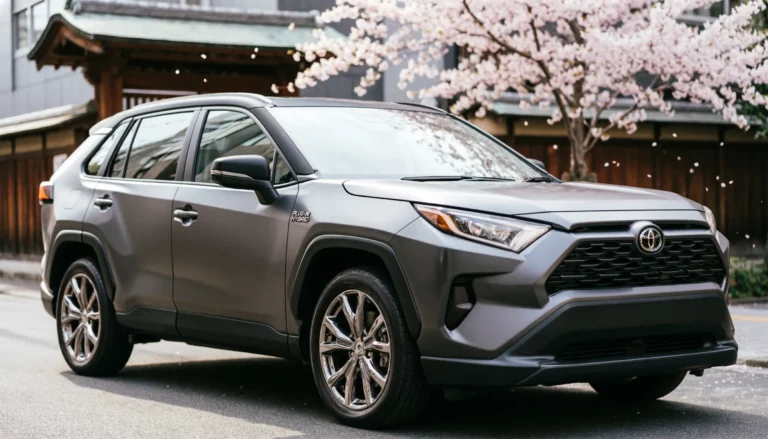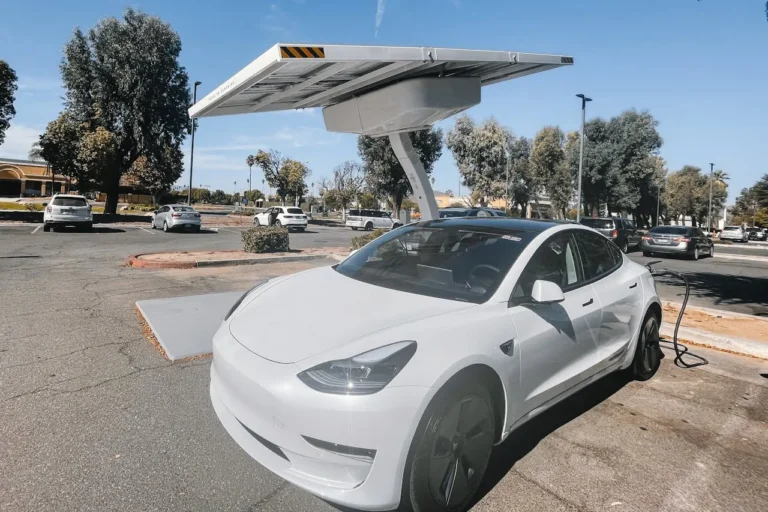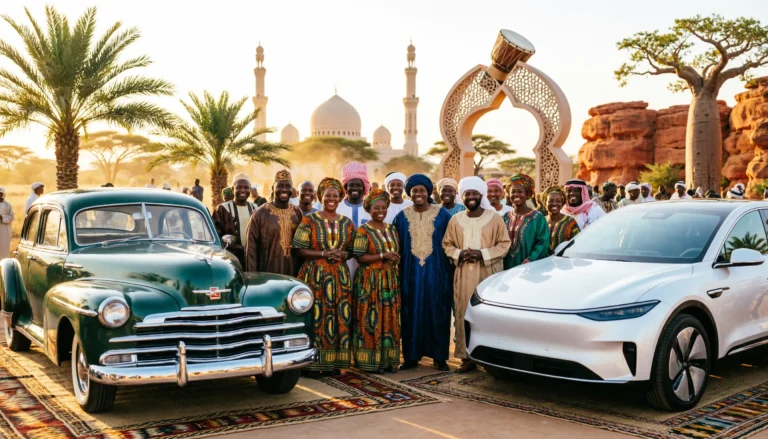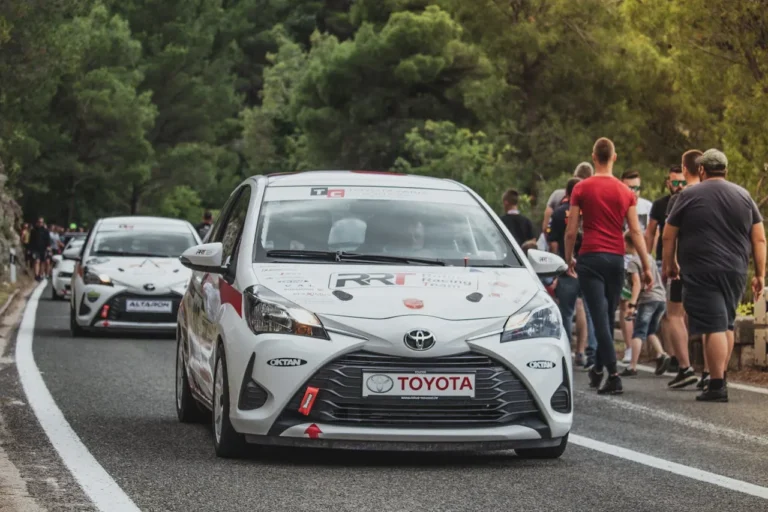
Murata Manufacturing Co., Ltd. (TOKYO:6981) (ISIN has introduced a revolutionary electronic timing device that delivers exceptional accuracy of ±40 ppm across an extended temperature range of -40°C to +125°C. This innovation addresses critical limitations in existing timing components for automotive electronic systems, paving the way for enhanced performance in next-generation In-Vehicle Networks (IVN), wireless communication, and Advanced Driver Assistance Systems (ADAS).
As the automotive sector embraces greater integration and miniaturization to accommodate the growing number of critical electronic systems, the demand for components with enhanced performance and reliability is soaring. Meeting these stringent requirements necessitates timing devices that can maintain high accuracy even under extreme conditions. Additionally, the rise of features such as Bluetooth® Low Energy (BLE) and ethernet in vehicles has created a need for timing components that exceed the capabilities of conventional automotive crystal units.
Murata’s new High-Accuracy and High-Temperature Automotive Crystal (HCR), the XRCGE_M_F series, sets a global benchmark for timing devices. It is the first to achieve a total frequency tolerance of ±40 ppm over the entire -40°C to +125°C temperature range. This innovation allows automotive engineers to implement stable and precise timing without the need for complex system calibration or temperature compensation, reducing both development time and costs.
Building on its legacy of pioneering automotive timing solutions, Murata has redefined component design through advanced artificial crystal growth, resin-sealed packaging technology, and optimized crystal structures. This combination ensures high-temperature operation and unmatched accuracy, supporting cutting-edge automotive technologies, including:
- IVNs (e.g., CAN and ethernet).
- ADAS systems (e.g., cameras, LIDAR, and RADAR).
- Wireless communication technologies (e.g., RF, NFC, BLE, Zigbee™, and UWB).
“HCR represents a significant leap forward in addressing modern automotive demands,” said Munenori Hikita, Director of Murata’s Functional Devices Division. “With this world-first solution, engineers can design compact, high-performance communication circuits without compromise.”
Murata’s HCR series is supported by a robust, multi-source supply chain, ensuring consistent availability. Its high-temperature resilience and resistance to solder cracks further guarantee long-term reliability. The HCR components are now in mass production, with samples available upon request.







